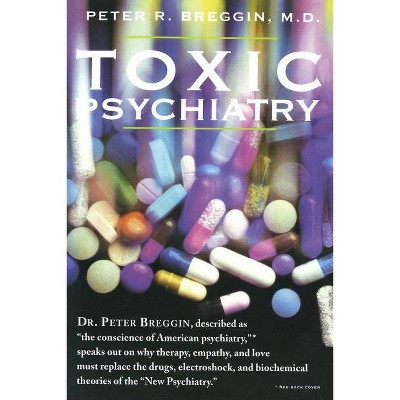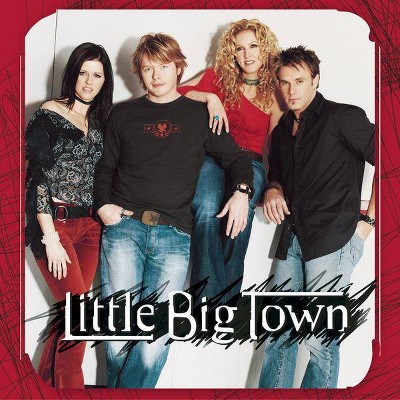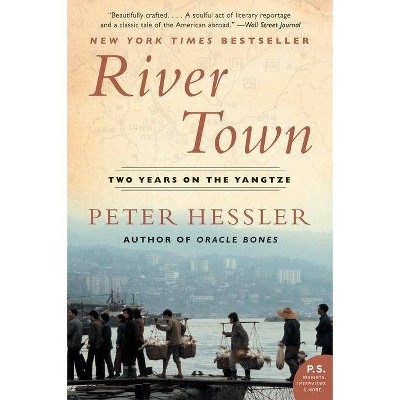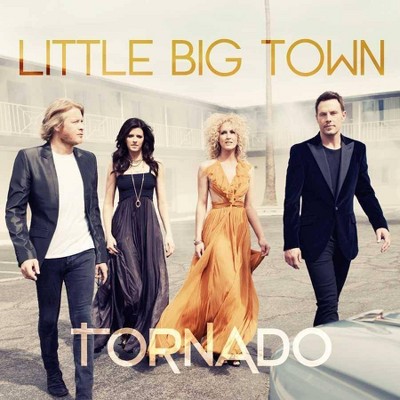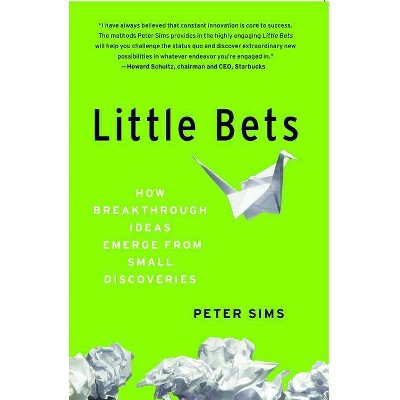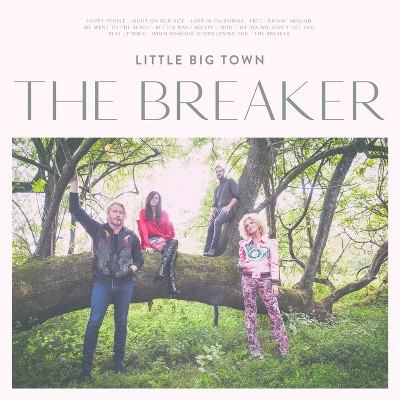Toxic Town - by Peter C Little (Paperback)
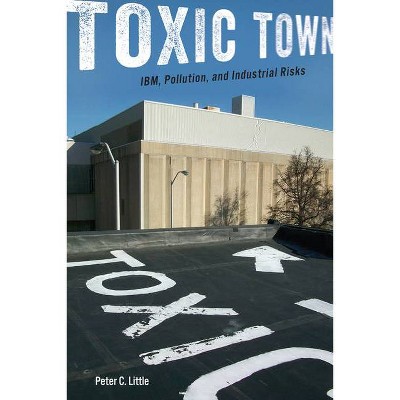
Similar Products
Products of same category from the store
AllProduct info
<p/><br></br><p><b> Book Synopsis </b></p></br></br>In 1924, IBM built its first plant in Endicott, New York. Now, Endicott is a contested toxic waste site. With its landscape thoroughly contaminated by carcinogens, Endicott is the subject of one of the nation's largest corporate-state mitigation efforts. Yet despite the efforts of IBM and the U.S. government, Endicott residents remain skeptical that the mitigation systems employed were designed with their best interests at heart. In <em>Toxic Town</em>, Peter C. Little tracks and critically diagnoses the experiences of Endicott residents as they learn to live with high-tech pollution, community transformation, scientific expertise, corporate-state power, and risk mitigation technologies. By weaving together the insights of anthropology, political ecology, disaster studies, and science and technology studies, the book explores questions of theoretical and practical import for understanding the politics of risk and the ironies of technological disaster response in a time when IBM's stated mission is to build a "Smarter Planet." Little critically reflects on IBM's new corporate tagline, arguing for a political ecology of corporate social and environmental responsibility and accountability that places the social and environmental politics of risk mitigation front and center. Ultimately, Little argues that we will need much more than hollow corporate taglines, claims of corporate responsibility, and attempts to mitigate high-tech disasters to truly build a smarter planet.<p/><br></br><p><b> Review Quotes </b></p></br></br><br>This carefully crafted ethnographic account affirms the deep and adverse footprint of market-based industrial production on contemporary human lives and communities. By exploring the personal experience of exposure to the toxic risk produced by irresponsible corporate actions in a contaminated community, Little tells the occupational and environment story of our times: deindustrialization has left behind doubly damaged communities but helped to spark hope-affirming grassroots activism. This book makes clear the contributions of anthropology to the framing of a political ecological theory of human-environmental relations.--Merrill Singer, University of Connecticut at Storrs<br><br>This intense local study offers an important contribution, melding a keen application of key concepts in science and technology studies with ethnographic engagement with local people deeply affected by living with the consequences of the Computer Age.Toxic Townwill be of interest not only to anthropologists but to scholars across many disciplines who seek to understand triumphal technocapitalisms central role in creating and sustaining the pollution crisis.-- "Medical Anthropology Quarterly"<br><p/><br></br><p><b> About the Author </b></p></br></br><b>Peter C. Little</b> is Associate Professor of Anthropology at Rhode Island College. He is the author of <i>Toxic Town: IBM, Pollution, and Industrial Risks </i>(NYU Press, 2014).
Price History
Price Archive shows prices from various stores, lets you see history and find the cheapest. There is no actual sale on the website. For all support, inquiry and suggestion messages communication@pricearchive.us
